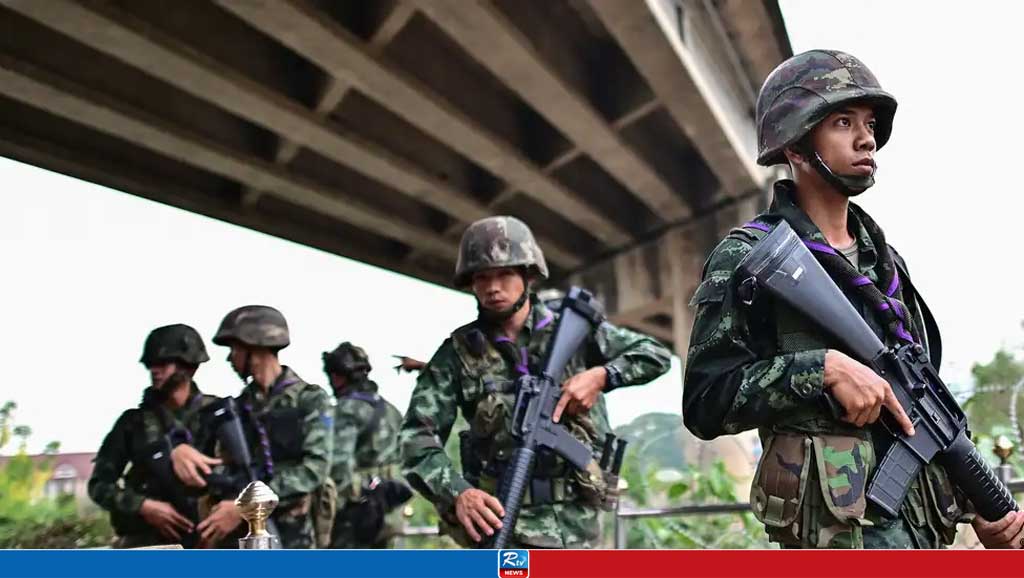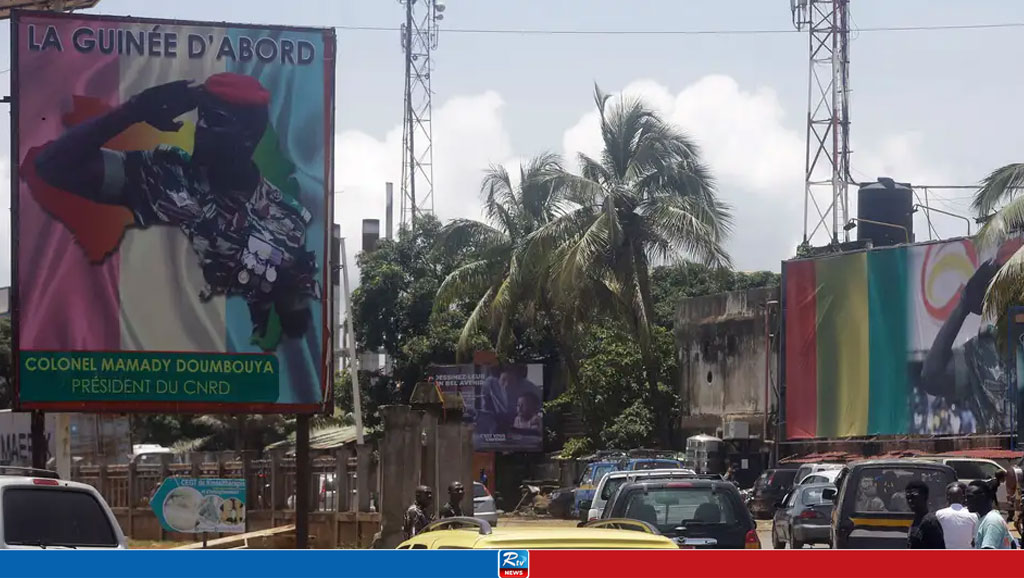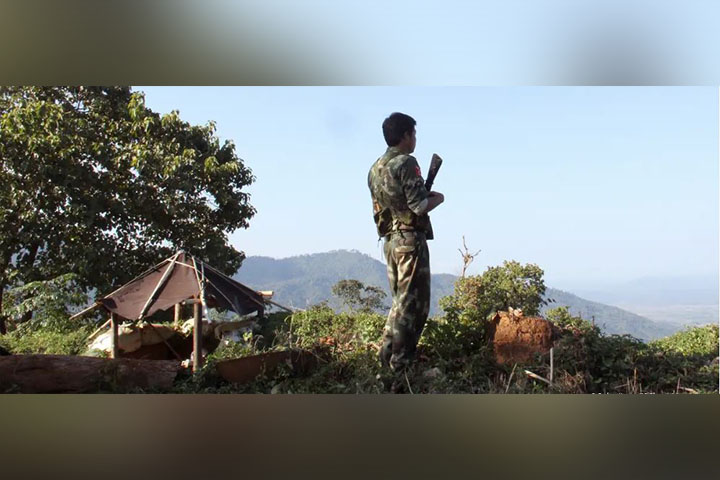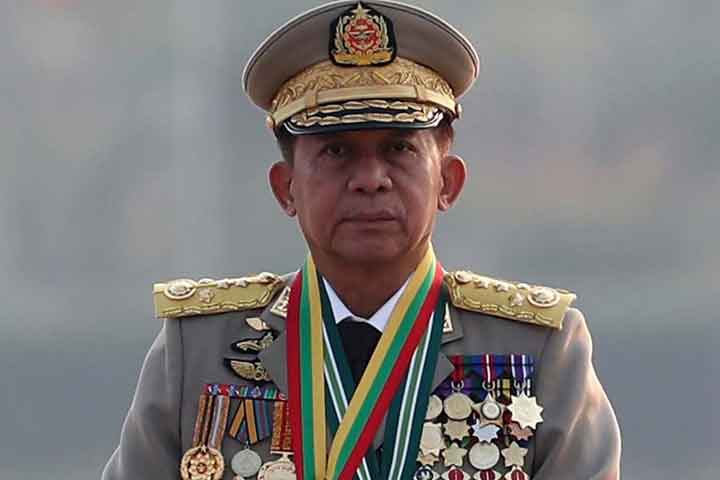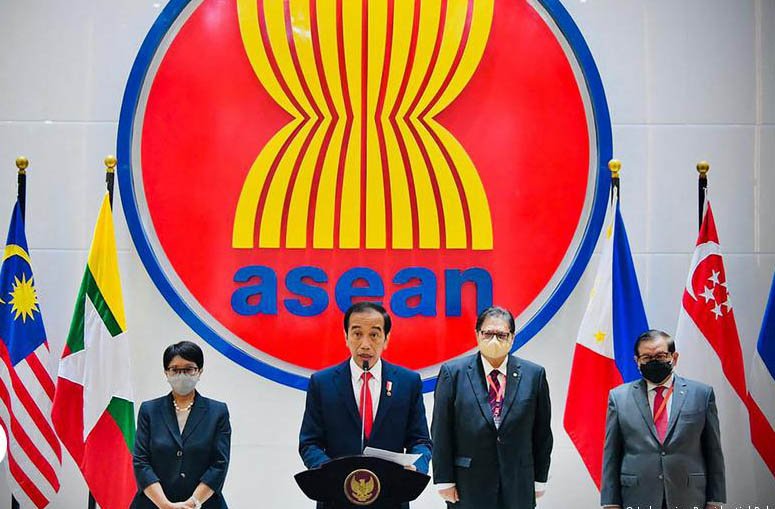Is Guinea's military junta to blame for rice shortage?
People living in Guinea are becoming desperate as a food crisis soars in the country. Citizens are blaming the junta leaders for price hikes, while economists say a timely solution is necessary.
Labor unions in Guinea have called for a nationwide strike if the government does not reduce the cost of living in the West African nation.
Guinea has been led since September 2021 by a military junta that deposed the country's first democratically-elected president.
The junta recently increased the price of importing of basic food items into the country — which has resulted in unprecedented price hikes in markets across the country.
"Life is very expensive today in Guinea," Mabinty Bangoura, a government worker and housewife told DW, adding that "the authorities have willingly increased the price of a bag of rice, and traders have done same, to make life difficult for us."
The price of oil and other cooking items has also spiked — just weeks before Ramadan, Islam's holy month of fasting, spiritual reflection and prayer.
Spiraling cost of living
Fatoumata Fofana, a female trader in one of the markets in Guinea's capital, Conakry, said the abrupt and significant rise in prices had left citizens struggling to cope.
"Today, you can only buy a small quantity of goods and you hardly make a profit because what was to be profit has been added to the cost," Fofana told DW.
She and other citizens accuse the junta leaders of failing to take action to improve the worsening living conditions.
"Doumbouya, you should try to improve the living conditions of people in Conakry," Fofana said, refering to Guinea's coup leader Mamady Doumbouya. "If the husband is not working and the wife's business is not flourishing, our existence is threatened."
Bangoura shared a similar sentiment: "I am not accusing anybody but agovernment that is incapable of saving its people? The price of all the goods such as rice, oil, sugar and flour has been increased by the government, and it comes just a month to Ramadan," she told DW.
But Mory Kaba, a civil society activist, made clear accusations."In our analysis, the government has connived with importers to punish the Guinean population, but we won't accept it," he said.
Global rice prices increasing
Guinea's ruling junta has denied causing economic hardship in Guinea, citing a hike in global rice prices after major producers curtailed trade and supplies last year that impacted millions of consumers around the world.
Rice prices have soared to the highest in a decade as India curtails exports and erratic weather wreaks havoc on Asian rice fields.
Kaba, however, questioned why Guinea's neighboring countries had not implemented similar policies.
"Why have the Ivorians, the Malians and the Nigerians not increased the price of rice? They say the price of rice has increased in India, is it India that is supplying us sugar, oil, and other foodstuffs?" he said.
Mohamed Camara, an economic expert in Guinea also warned of dire consequences of price hikes — emphasizing the urgent need to enhance local production.
"Guinea is likely to face high-level inflations if nothing is done to augment local productions to imported ones," he said.
Camara further explains that middle-income households would be the hardest hit.
"The low-class Guineans spend 60% of their revenue on food, so if the price increases it will directly affect them," he told DW.
Are there any solutions?
Citizens and experts believe that onesolution to the problem lies in the government adopting fiscal policies that favor ordinary citizens.
"He has to improve the living conditions by allowing the free flow of money in the country," Fofana said, refering to the junta leader.
Although the junta's policies might have contributed to the price increase, it is impossible to disregard external influences and pre-existing problems.
Elsewhere in Africa, inflation and the high cost of living in Nigeria have prompted many people to eating rice grains that millers often reject after processing or sell to farmers to feed their fish.
Experts like Camara believe that acknowledging the problem and working together is key to providing food security for the people of Guinea.
16 Feb 2024,09:33















 Live Tv
Live Tv

